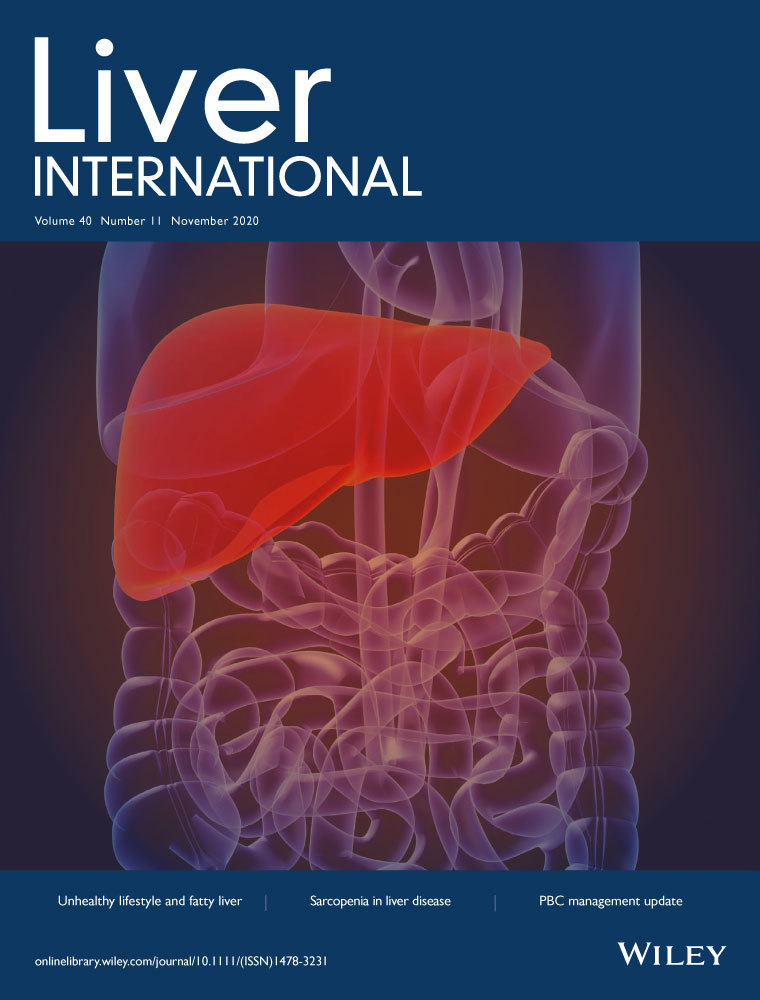Health related quality of life in chronic liver diseases
Handling Editor: Gregory Dore
Funding information
MS acknowledges the following grant support: Fondazione FADE amici dell'epatologia ONLUS; Italian Ministry of Health. Decreto Ministeriale 10 luglio 2007, ‘Progetti attuativi del Piano sanitario nazionale - Linee guida per l'accesso al cofinanziamento alle regioni e alle province autonome di Trento e Bolzano’, Gazzetta Ufficiale 10 ottobre 2007, n. 236. The support of the Yale Liver Center, DK034989 Silvio O. Conte Digestive Diseases Research Core Centers, Clinical Core, is gratefully acknowledged.
Abstract
Background & Aims
The impact of chronic liver diseases (CLDs) on health-related quality of life (HRQoL) is relevant to understand the burden of these conditions and inform decision-making processes related to their care. Studies simultaneously comparing the HRQoL of patients affected by the major CLDs to that of the general population are still lacking and are the subject of this study.
Methods
Using the EQ-5D-3L questionnaire, we analysed and compared HRQoL data from 2962 Italian patients affected by CLDs and forming a representative sample of the general Italian population (6800 individuals). Exploratory analyses were conducted to investigate the effects of each CLD on HRQoL, using the general population as reference and adjusting for possible confounders.
Results
Patients with CLDs (HBV, HCV, PSC, PBC, AIH, NAFLD/NASH) in the chronic hepatitis stage and with compensated cirrhosis (CC) showed HRQoL similar to the general population. However, AIH were more likely to report problems in self-care and lower EQ-5D VAS score, while NAFLD/NASH and HCV showed an increased risk of anxiety/depression. On the other hand, with progression to more advanced stages of liver disease (DC or HCC), HRQoL decreased significantly with higher risk of reporting problems in the physical domains, and significant reductions in the VAS and utility index scores.
Conclusions
Different subtypes of CLD affected different QoL domains. This study therefore provides a real estimate of the impact of CLDs on patients’ HRQoL, and represents a much needed tool to inform decision-making while assessing the effectiveness and cost-effectiveness of the care of these patients.
CONFLICT OF INTEREST
PAC: Research grant from Baxalta now part of Shire and speaking honoraria from Pfizer and Roche, outside the submitted work. SC: no conflict of interest. LS: no conflict of interest. AJ: no conflict of interest. AC: Research grant from Gilead Sciences and Abbvie, Advisory board for Abbvie, all outside this project. SO: no conflict of interest. MR: no conflict of interest. LF: no conflict of interest. MC: no conflict of interest. SF: speaker's bureau for Gilead science, Merck-Sharp & Dome, Abbvie Janssen, and Bristol Myers. Squibb, outside the submitted work. LSB: grant from Gilead; educational fees from MDS; research studies with Grifols, outside the submitted work. GC: no conflict of interest. MS: Advisory Board Bayer and Esiai/Merk and Engitix. LGM: grants from MSD and Janssen and honoraria from Bayer, outside the submitted work.




